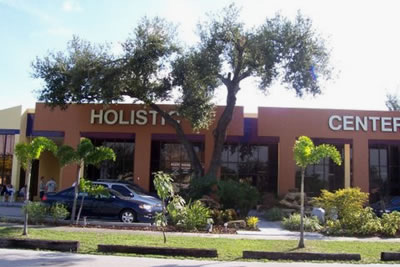Teens Could Benefit From Opioid Education at Schools and Drug Rehab Centers in Indiana

Indiana physicians prescribe an average of 109 painkiller medications to every 100 people, according to the CDC. This means some Indiana residents are being prescribed more than one painkiller, which could be partly responsible for the state’s rising opioid epidemic, especially where teens are concerned. At present, the state is facing a teen opioid epidemic and looking to expand opioid education in schools, communities, and at drug rehab centers in Indiana.
If you or someone you know has become dependent on prescription drugs or opioid painkillers, call our helpline at 888-414-2380 to get help right away. Our treatment specialists are available 24/7 to provide you with the resources you need to combat and overcome addiction.
How Teens Get Access to Opioids

Many teens start abusing drugs when they transition from middle school to high school.
Deb McMahan, an Allen County Health Commissioner, says many teens are prescribed opioids to manage chronic pain for sports injuries and medical procedures, then share or sell their remaining prescriptions to friends. In some cases, teens are stealing opioids that were prescribed to their parents or other family members.
McMahan says 54% of teens are under the impression that all prescription drugs are safe to take since they’re prescribed by a doctor. Teens are failing to understand the serious health implications that can arise from taking non-prescribed drugs without having an examination or legitimate prescription.
Teens also need to understand the risks associated with using prescription drugs sold on the streets and exchanged between friends. As the opioid abuse trend continues to rise nationwide, dealers are starting to mix illegally manufactured opioids with stronger substances such as fentanyl and carfentanil. These drug combinations are leading to fatal overdoses around the country, including in Indiana.
When Teens Become Opioid Addicts
Holli Seabury, CEO of McMillen Health in Fort Wayne, says most teens start abusing prescription drugs when they transition from one school to another. For instance, teens who graduate middle school and enter high school may meet new friends who turn them on to opioid use. McMillen Health currently educates teens about the dangers of opioids in an effort to help prevent teen drug abuse.
Seabury has plans to expand McMillen Health’s opioid education program, especially since many teachers lack knowledge about teen opioid addiction in general. Seabury says teen opioid addiction is a relatively new epidemic, and that educators are constantly updating curriculums to keep up with drug trends.
Alternately, opioid and drug rehab centers offer education on opioid addiction through their inpatient, outpatient, and aftercare programs. While some institutions lack the experience needed to properly educate teens about opioid addiction, drug rehab centers are staffed with healthcare personnel specialized in treating opioid addiction. Teens struggling with opioid abuse can receive the treatment and education they need at inpatient rehab centers free of distractions from negative influencers.
If you live in Indiana and struggle with opioid abuse, or know a teen addicted to opioids, call our confidential helpline at 888-414-2380 to speak with an addiction specialist. We’ll help you find drug rehab centers in Indiana that know how to treat your addiction and can help you achieve lifelong sobriety.
